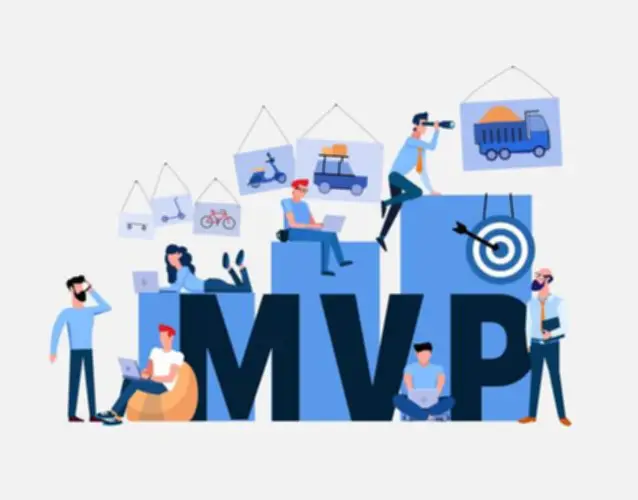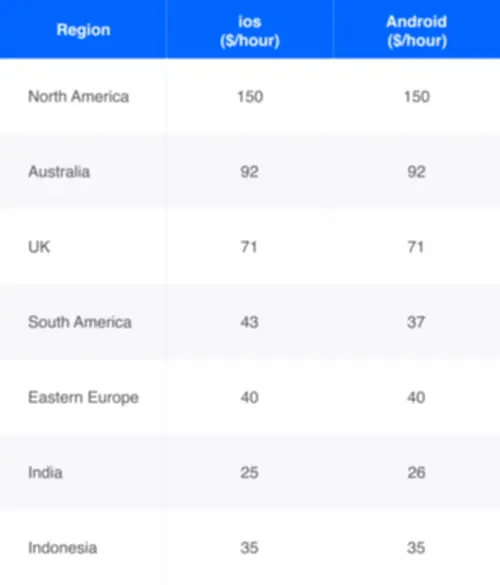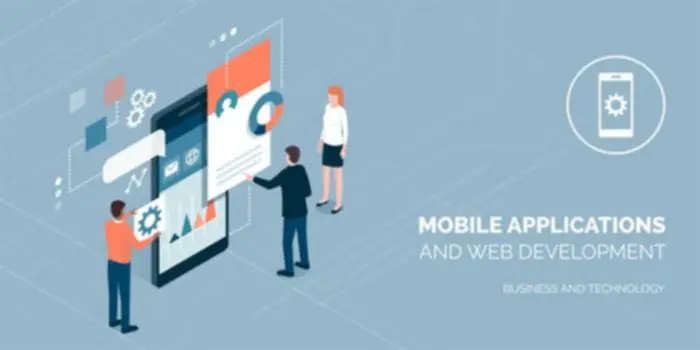The Top 5 Challenges Implementing Ai And The Means To Overcome Them
Hesabınıza Ve Kayıt Ekranına Erişin
26 Maggio 2025تنزيل 1xbet => جميع إصدارات 1xbet V 1116560 تطبيقات المراهنات + مكافأة مجانية
27 Maggio 2025The record contains biased data, security breaches, affected person privateness violations and disrupted staff-patient communications. From a monetary standpoint, ill-conceived and swiftly https://www.globalcloudteam.com/ executed tasks are unlikely to generate ROI. In addition to ethical issues, healthcare organizations must issue regulatory compliance into their AI projects. HIPAA, FDA’s Part 11 regulations, and the EU’s GDPR and AI Act are simply a number of the compliance regimens. “As a regulated trade,” Majeed added, “there’s a lot of focus to make sure data is protected and secured and used in the right means.”

Knowledge Availability And High Quality
Often, companies have invested heavily in their present tools and infrastructure, making it tough to integrate new AI options smoothly. But Solis advises in opposition to believing it needed to exchange entire methods to accommodate these new technologies. “If a vendor tells you to replace everything with their resolution, maintain trying.” As An Alternative, she recommends understanding your company’s particular targets and discovering AI providers that may work inside your present environment.
Artificial intelligence is in all places, and it’s shortly turning into an integral part of almost each industry. The AI market is predicted to have a compound annual development fee of 17.3%, reaching $7.four billion by 2030, based on Statista. In the other path, much less senior employees also resisted AI as a outcome of they feared for his or her jobs—13% of survey respondents mention job loss as a priority.
Corporations typically underestimate the significance of unpolluted, correct information as the muse for successful AI projects. “If your data isn’t clear and correct, then the information pulled won’t be accurate,” Solis says. AI projects should be scalable to accommodate future development, both in knowledge volumes and in processing calls for. Beginning with scalable options or cloud-based infrastructure can be helpful. Employees play a central position within the profitable adoption, operation, and long-term effectiveness of AI.
Understandably employees can see the adoption of AI as a menace and will fear that it’s going to disrupt their roles, cut back job safety, or impose new and unfamiliar processes. Artificial intelligence (AI) is firmly establishing itself across an unprecedented vary of industries, transforming how companies operate and innovate. An organizational culture that is resistant to innovation can significantly impede AI initiatives.
The lack of AI explainability—that is, the capability to provide an in-depth understanding of how AI methods reach a specific decision or recommendation—can additionally erode belief in AI amongst customers. At the identical time, it could prevent IT teams from making certain that their AI system is working as planned Data as a Product. As AI continues to evolve and mature, the challenges and opportunities will solely grow. Businesses that may adapt and innovate in the face of these challenges would be the ones that thrive within the years ahead.
- Ideally, organizations should instill a tradition of continuous studying that’s personalized for employees.
- Knowledge protection laws like GDPR in Europe and CCPA in California make information privateness and security a nonnegotiable.
- For finest outcomes, this course of discovery team shouldn’t just embody representatives from throughout your group to add quite so much of views into your planning, however process mining as well.
- This can create resistance, particularly in traditional or hierarchical organisations with low tolerance for uncertainty.
- Typically, this is due to siloed development or specializing in the answer rather than the enterprise downside.
Obstacle #5: Finding The Abilities And Resources Wanted To Make Your Project Work
They have been also more likely to report utilizing tutorials, videos, and online courses to learn about AI and higher understand the fundamentals of mannequin growth, information preparation, and AI ethics. Taking an AI Certification Course is a good way to beat discomfort with new tech and gain a deeper understanding of how it might help your corporation. Highly regulated industries like healthcare and finance are particularly cautious, wanting to ensure AI can work round their data rules and compliance requirements. Knowledge protection legal guidelines like GDPR in Europe and CCPA in California make data privateness and security a nonnegotiable. When accomplished proper, you possibly can see quick advantages — like within the case of banks or customer support industries — because good automation reduces workloads, delivers consistent experiences, and retains customers.

Nevertheless, businesses have to learn the way AI works and tips on how to overcome AI implementation challenges and AI development challenges with minimal dangers and losses. There’s little doubt ai implementation in business that the AI implementation roadmap may be tough, but getting conversant in the challenges beforehand and adopting a step-by-step AI implementation technique can ease the method. As mentioned above, AI integration, deploymentOpens a new window , and implementation require a specialist like an information scientist or a data engineer with a sure stage of abilities and experience. One of the major challenges with implementing AI in business is that these experts are costly and presently quite rare within the IT market. Companies with a small finances, then, face a problem to convey in the appropriate specialists that the project requires. Furthermore, when you resolve to implement or develop an AI-based system, you’ll have to provide fixed training, which may require uncommon high-end specialists.

Far too usually, organisations end up introducing Generative AI or Agentic AI tools however lack sufficient user guides, learning supplies and coaching resources for upskilling employees to leverage these tools. With Out enough data and hands-on expertise, staff lack the talents and competencies required to effectively leverage these AI instruments. This creates unwanted complications, hinders usability and accessibility, and undermines the general ROI of implementing the software. As companies face the challenges of AI bias and opacity, they need to prioritize ethics and governance. This means establishing clear pointers for the responsible development and deployment of AI, involving diverse stakeholders in the course of, and being clear about AI’s limitations and potential risks. Some organizations are appointing chief ethics officers or creating AI ethics boards to supervise these issues.
The companies actually succeeding are those which would possibly be creating highly custom-made, deeply built-in AI solutions for his or her teams. AI agents, no code platforms, and intelligent automation tools that make teams extra efficient are all exhibiting big impacts on companies. Businesses are racing to combine AI options to stay competitive and improve their operations. Nonetheless, this rush can result in challenges and setbacks, as companies battle with information readiness, integrating highly effective new tools with their current systems, and understanding the way to measure their success. Inbenta CEO Melissa Solis just lately shared her insights in a conversation with Inbenta Head of Advertising Adam Highfill.
The rocky street to AI adoption may be daunting, however with the proper instruments, teams, and strategies, businesses can navigate it successfully and emerge stronger on the opposite aspect. AI tasks often span a quantity of departments and functions, from IT and data science to business operations and customer service. However, many organizations are nonetheless structured in siloes, with restricted cross-functional collaboration and information sharing.

